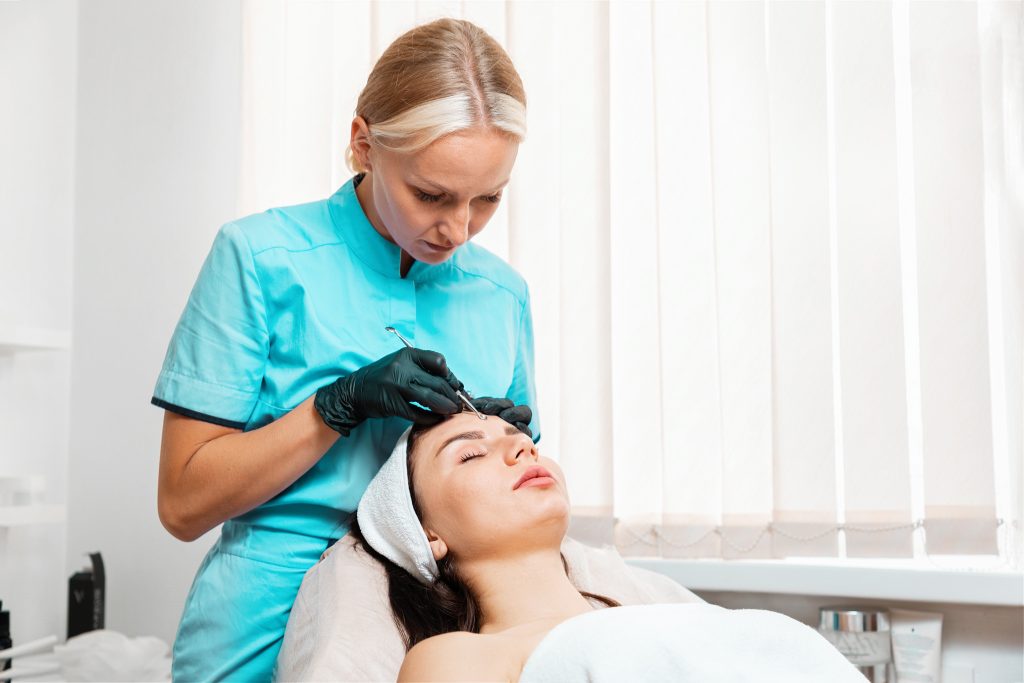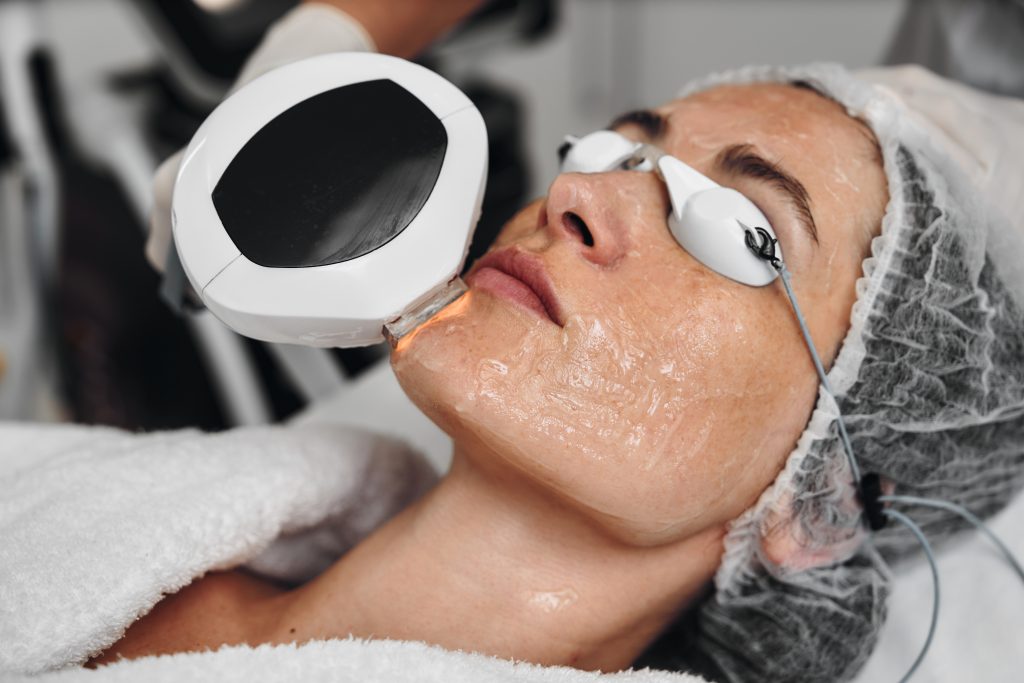
Acne scars can be a lasting reminder of past skin troubles. Many people want to get rid of these marks, but the process isn’t always simple. Before you take the leap into an acne scar removal treatment, it’s important to know what you’re getting into.
This article will walk you through the steps to prepare for treatment and what to expect along the way.
Understanding Acne Scars
Acne scars are marks left behind after severe acne has healed. They come in different types:
- Ice pick scars: Deep, narrow scars that look like small holes in the skin.
- Boxcar scars: Round or oval depressions with steep sides.
- Rolling scars: Wide depressions with sloping edges.
- Hypertrophic scars: Raised scars that sit above the skin’s surface.
Knowing your scar type is crucial because different treatments work better for different scars.
Assessing Your Skin
Before jumping into treatment, it’s vital to assess your skin carefully. This step helps determine the best approach for your unique situation.
Start by looking closely at your scars. How deep are they? What’s their color? Are they raised or sunken? These details matter when choosing a treatment.
Next, think about your skin type. Is it oily, dry, or somewhere in between? Sensitive skin might react differently to certain treatments.
Don’t forget about your overall health. Some medical conditions or medications can affect how your skin heals. It’s always a good idea to chat with a doctor about any concerns.
Choosing the Right Treatment
With so many options out there, picking the right acne scar removal Singapore treatment can feel overwhelming. Here’s a breakdown of some common choices:
- Chemical peels: These use acids to remove the top layers of skin, promoting new growth.
- Microneedling: Tiny needles create controlled damage, spurring collagen production.
- Laser therapy: Different types of lasers target various scar issues.
- Dermal fillers: These inject substances to plump up depressed scars.
- Surgery: For severe cases, a doctor might recommend surgical options.
Each method has its pros and cons. What works wonders for one person might not be the best fit for another. That’s why talking to a skin expert is so important.

Preparing Your Skin
Once you’ve chosen a treatment, it’s time to get your skin ready. This step can make a big difference in your results.
Start by following a consistent skincare routine. Cleanse, moisturize, and protect your skin from the sun every day. This helps create a healthy foundation for treatment.
Some treatments might require you to stop using certain products beforehand. For example, you might need to avoid retinoids or exfoliants for a while. Your doctor will give you specific instructions.
If you smoke, try to cut back or quit. Smoking can slow down healing and make treatments less effective.
Lastly, stay hydrated and eat a balanced diet. Good nutrition supports skin health from the inside out.
Managing Expectations
It’s natural to hope for perfect results, but it’s important to be realistic. An acne scar removal treatment can make a big difference, but it might not erase every mark completely.
Results often take time to show up. You might need multiple sessions to see significant improvement. Patience is key in this process.
Also, keep in mind that some treatments have downtime. You might have redness, swelling, or peeling for a few days or weeks afterward. Plan your schedule accordingly.
Financial Considerations
Let’s talk about money. Acne scar treatments can be expensive, and insurance often doesn’t cover them. Before starting, make sure you understand the full cost.
Ask about payment plans or financing options if needed. Some clinics offer packages that can save money in the long run.
Remember to factor in additional costs like skincare products or time off work for recovery.
Choosing a Provider
Picking the right provider is crucial for safe and effective treatment. Look for a board-certified dermatologist or plastic surgeon with experience in an acne scar removal treatment.
Don’t be shy about asking questions. How many procedures have they done? Can they show before-and-after photos? What’s their approach to complications?
Reading reviews from other patients can be helpful, but take them with a grain of salt. Everyone’s experience is different.
Preparing for the Procedure
As your treatment day gets closer, there are a few more things to do:
- Follow pre-treatment instructions carefully. This might include avoiding certain medications or products.
- Arrange for transportation if needed. Some treatments can make it unsafe to drive afterward.
- Stock up on recommended post-treatment supplies like gentle cleansers or special moisturizers.
- Clear your schedule for recovery time if necessary.
- Write down any last-minute questions to ask your provider.
Being well-prepared can help reduce stress and set the stage for a smoother treatment experience.
Aftercare and Follow-up
The work doesn’t end when the treatment is over. Proper aftercare is vital for getting the best results and avoiding complications.
Your provider will give you specific instructions. These might include:
- How to clean and care for the treated area
- What products to use or avoid
- When you can resume normal activities
- Signs of potential problems to watch for
Don’t skip follow-up appointments. They are crucial to monitor your progress and make any adjustments if needed.
Conclusion
Preparing for acne scar removal takes time and effort, but it’s worth it to get the best possible outcome. By understanding the process, managing your expectations, and following your provider’s guidance, you’re setting yourself up for success. Remember, everyone’s journey is unique. Stay patient and positive as you work towards clearer, smoother skin.
